Seasonal addition of compost
sandshifter
12 years ago
Related Stories

GARDENING GUIDESGet on a Composting Kick (Hello, Free Fertilizer!)
Quit shelling out for pricey substitutes that aren’t even as good. Here’s how to give your soil the best while lightening your trash load
Full Story
COOL-SEASON CROPSCool-Season Vegetables: How to Grow Potatoes
This ever-popular tuber is a stalwart in spring and fall gardens and a staple in kitchens everywhere
Full Story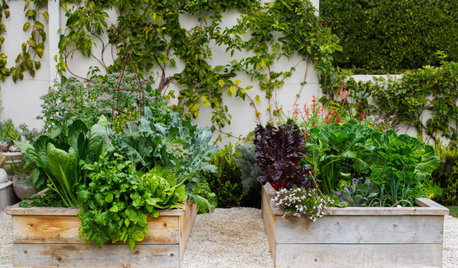
MOST POPULARHow to Start a Cool-Season Vegetable Garden
Late summer and late winter are good times to plan and plant cool-season crops like salad greens, spinach, beets, carrots and peas
Full Story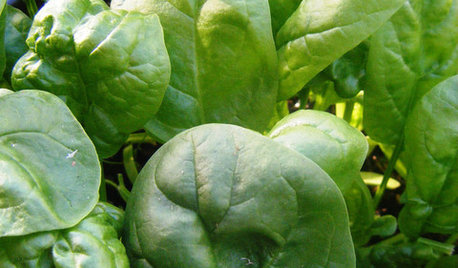
COOL-SEASON CROPSCool-Season Vegetables: How to Grow Spinach
Chock-full of antioxidants and iron, spinach is a nutrient-rich addition to your fall or spring garden
Full Story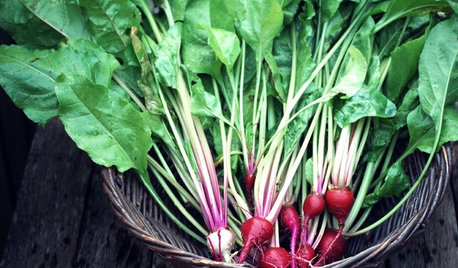
EDIBLE GARDENS8 Last-Minute Additions to a Summer Edible Garden
It’s not too late to get these vegetables and herbs planted for a bountiful harvest this year
Full Story
TRADITIONAL ARCHITECTURE3-Season Rooms: Shade and Swimming for a Tudor-Style Patio
A new roof, fireplace, pavilion and pool transform a backyard patio in Virginia
Full Story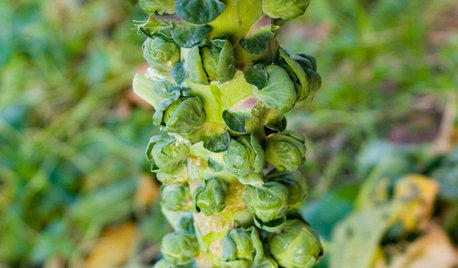
COOL-SEASON CROPSCool-Season Vegetables: How to Grow Brussels Sprouts
If you love 'em (you know who you are), fall and spring are the right times for planting these veggies in your edible garden
Full Story0
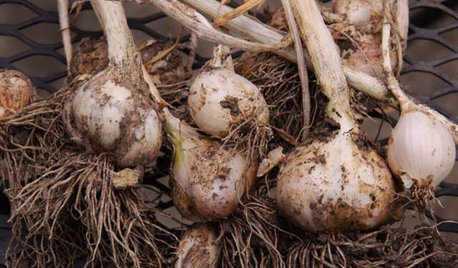
COOL-SEASON CROPSCool-Season Vegetables: How to Grow Garlic
Beloved in a wide range of dishes the world over, garlic thrives in a fall garden and is easy to grow
Full Story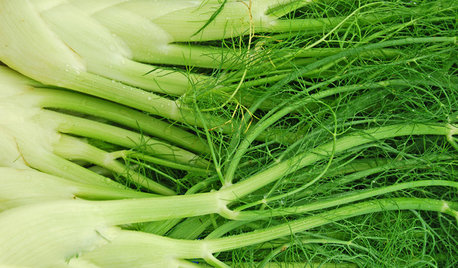
COOL-SEASON CROPSCool-Season Vegetables: How to Grow Fennel
Crunchy and highly flavorful, this herb loves a mild winter or a cool spring in the garden
Full Story0
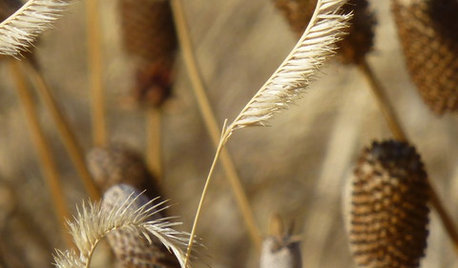
FALL GARDENINGAutumn’s Spent Flowers Enrich the Off-Season
The garden season never ends when you think beyond summer blooms
Full StorySponsored
Franklin County's Full Service, Turn-Key Construction & Design Company






homeend
sandshifterOriginal Author
Related Professionals
Hyattsville Landscape Architects & Landscape Designers · Downey Landscape Contractors · Flagstaff Landscape Contractors · Inglewood Landscape Contractors · Ponte Vedra Beach Landscape Contractors · Porterville Landscape Contractors · Spring Landscape Contractors · Syracuse Fence Contractors · Ellicott City Fence Contractors · Green Valley Fence Contractors · Laguna Beach Fence Contractors · Redondo Beach Fence Contractors · Sandy Fence Contractors · Santa Maria Fence Contractors · Tavares Fence ContractorsiamWMT
sandshifterOriginal Author
lgteacher
Ken4230
brindalmadison1911
sandshifterOriginal Author
john_p_wi
Minderella
oliveoyl3
howelbama
bj_delo
Cincinnati
brindalmadison1911
BeanGrower